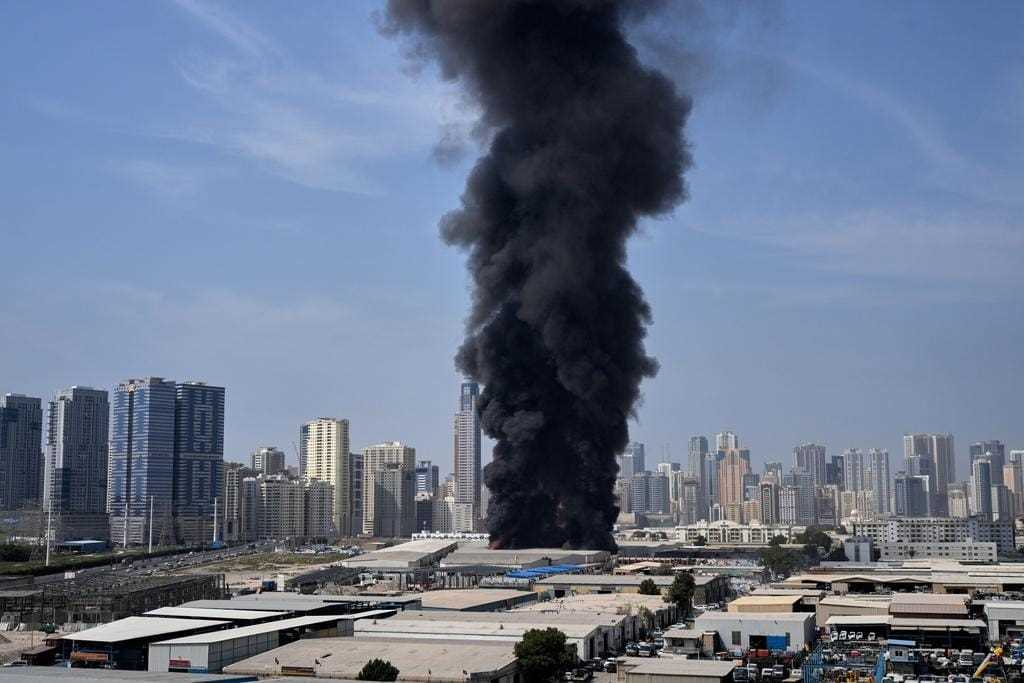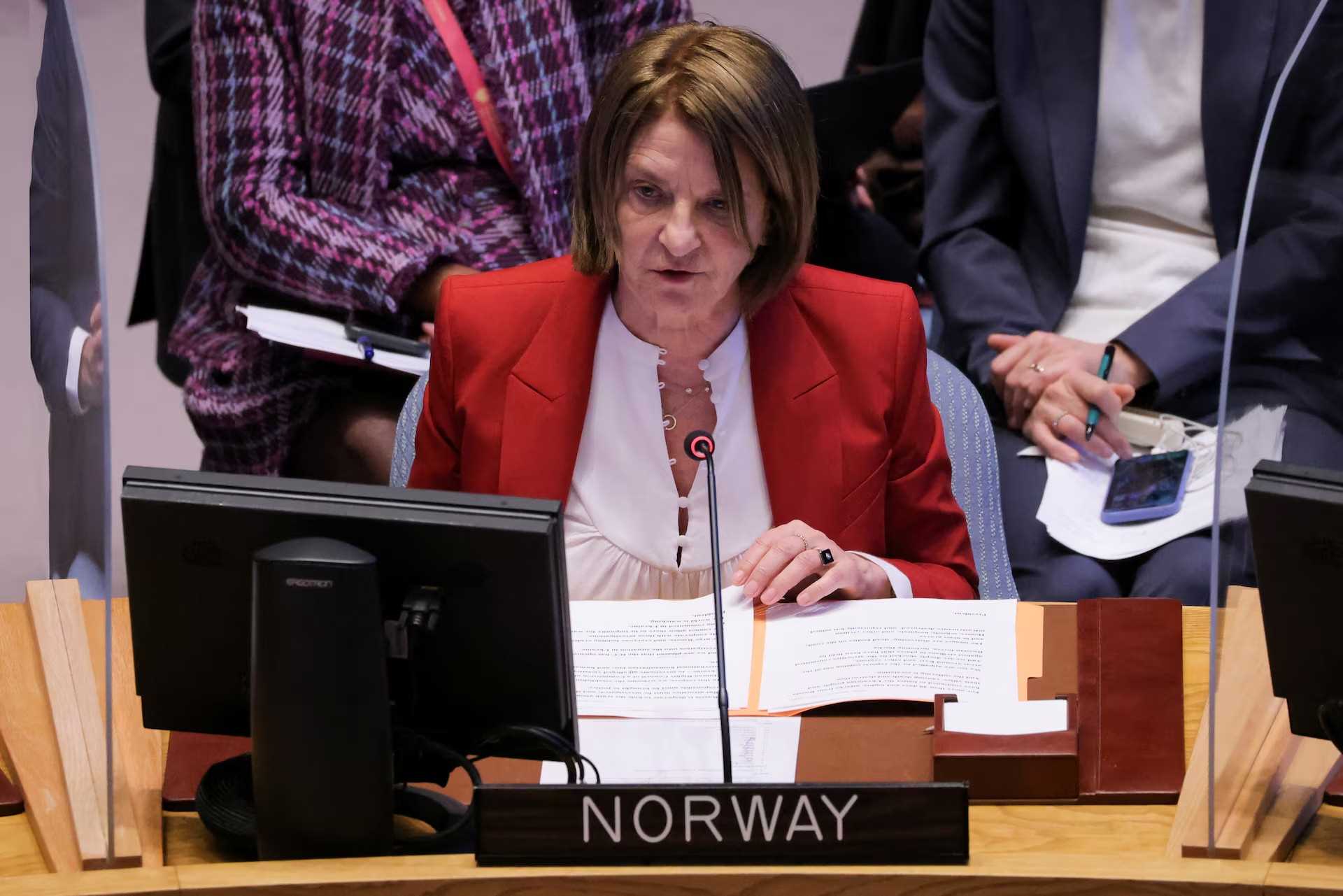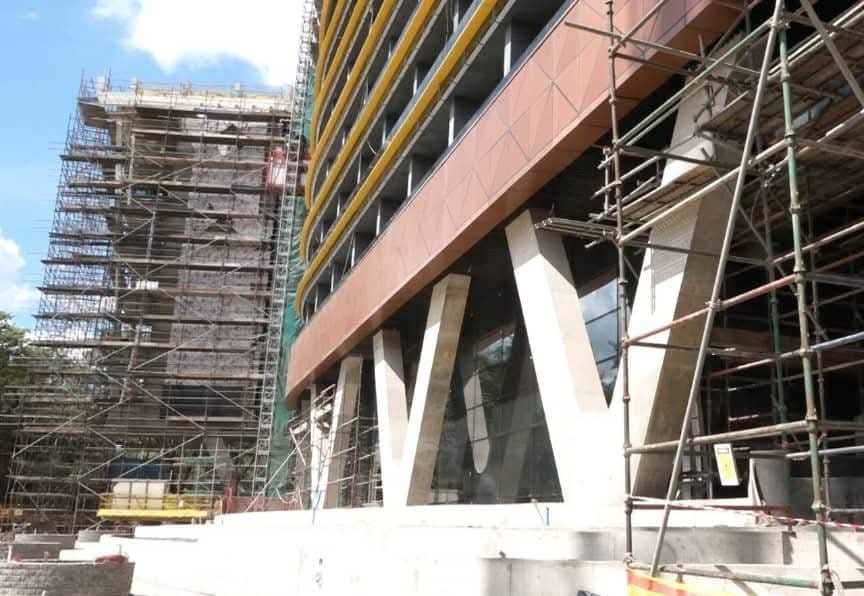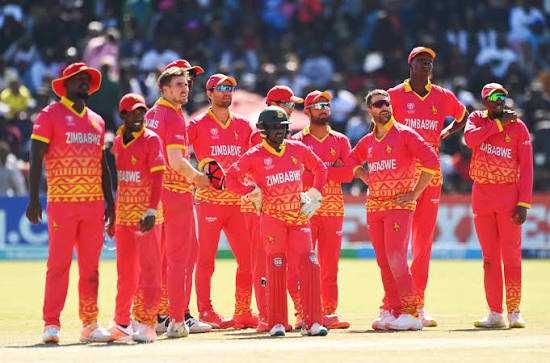
Philemon Jambaya
Zim Now Editor
Southern Africa is facing a "substantial shift towards severe climate hazards" by 2040, a grim projection that threatens not only livelihoods but also the very fabric of social cohesion across the region. With current erratic rainfall patterns intensifying and expanding, and El Niño-induced droughts pushing Zimbabwe, Zambia, and Malawi into states of emergency, experts and policymakers are raising urgent alarms about the often-overlooked social dimensions of climate change.
"The situation is only projected to worsen and acute levels of food insecurity are likely to intensify amid drought conditions in 2025," states a report by the CGIAR FOCUS Climate Security Southern African hub and ACCORD. This dire outlook paints a picture of a region where approximately 68 million people, or 17% of Southern Africa's population, already require humanitarian assistance due to the current El Niño effect alone.
The disproportionate impact of climate change falls heavily on Southern Africa's rural populations, who largely depend on rainfed agriculture and often live below the poverty line. However, the ripple effects extend far beyond, creating "economic shocks and job losses, food price spikes and reduced access to electricity," as the report highlights. These disruptions, in turn, strain public services, deepen poverty, and "reshape relationships between and within communities, often making social cohesion and stability more difficult to maintain."
Evidence from Mozambique, Zambia, and Zimbabwe paints a vivid picture of how climate-induced stressors are exacerbating existing vulnerabilities and fueling new tensions. In the Southern Provinces of Zambia, diminishing water resources, coupled with limited knowledge of sustainable use and weak governance, are sparking disputes. "Tensions are mounting between communities or between different water users in the same community, such as small-scale disputes and fights among women while queuing at boreholes, as well as between cattle herders because of disputes about who should get access and in what order," the report details.
Related Stories
Similarly, in Zimbabwe's Gwanda District, the scarcity of grazing land and water has led to "cattle rustling and conflicts...with some of those escalating into violence and fatalities."
Migration, often a coping mechanism for those affected by climate change, also presents its own set of challenges. While it can offer positive impacts by supporting livelihoods, it can also "create new challenges and amplify existing inequalities, especially for women and girls who are often left behind." In urban centers like Harare and Bulawayo, rural-to-urban migration, driven by climate hardships, contributes to overcrowding and strains infrastructure, leading to "disputes and even small-scale conflicts in receiving areas between migrants and host communities over food, water and employment opportunities."
The problem is further compounded by forced displacement due to extreme weather events. In Northern Mozambique, for instance, "climate-induced displacement further undermines adaptive capacities of populations already affected by conflict." This vulnerability can have alarming consequences, with some individuals, particularly youth in displacement settings, "joining non-state armed groups as, amongst others, an alternative way to make a living," severely complicating peacebuilding efforts in Cabo Delgado Province.
The loss of agricultural livelihoods and the resulting food and economic uncertainty are pushing communities towards desperate measures. In Zimbabwe, this includes a concerning rise in "early marriage and girl child school dropout, reliance on illicit artisanal mining as an alternative source of income, as well as cattle rustling." Urban areas are also experiencing the pressure, with "feelings of frustration and resentment against authorities mounting due to shortages of electricity and maize, as well as food price spikes that challenge the capacity of the urban poor to afford basic commodities."
While regional bodies like the African Union (AU) and SADC acknowledge the climate threat, the specific risks to social cohesion and stability are not yet adequately integrated into most national policy frameworks. The ongoing efforts by the AU to develop a Common African Position on Climate, Peace and Security (CAP-CPS) are seen as a crucial step in addressing these gaps.
Experts emphasize that simply reacting with disaster relief is not enough. "It is important to proactively invest in resilience and adaptive capacity, including in social institutions that promote and sustain tolerance and social cohesion," the report stresses. This calls for "conflict-sensitive" climate mitigation and adaptation initiatives that actively "avoid increasing social tensions, and instead become instruments for strengthening social cohesion and adaptive capacity."
Zambia's recently launched Green Growth Strategy is highlighted as a promising example, moving beyond purely technical climate solutions to consider the "peace-contributing potential of climate action and sustainable growth," while also acknowledging their potential negative consequences if social contexts are ignored.




















Leave Comments